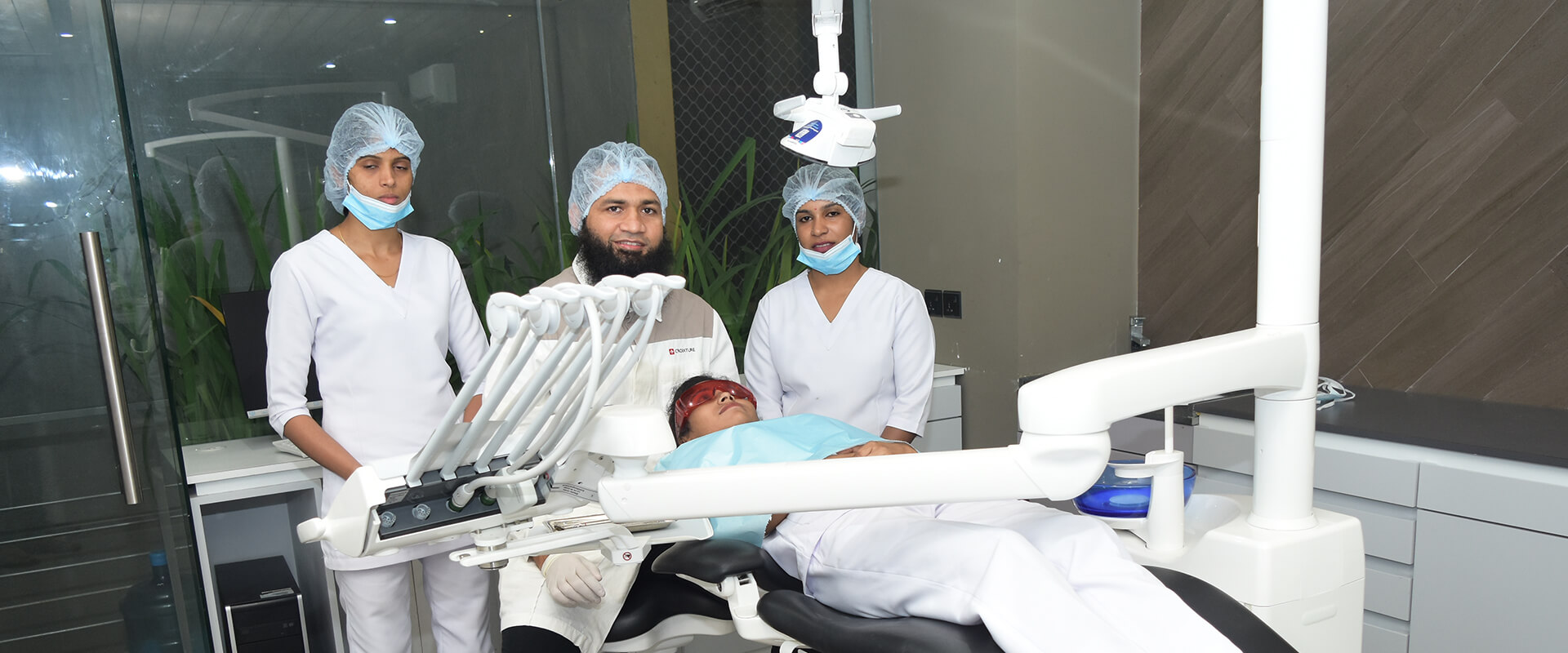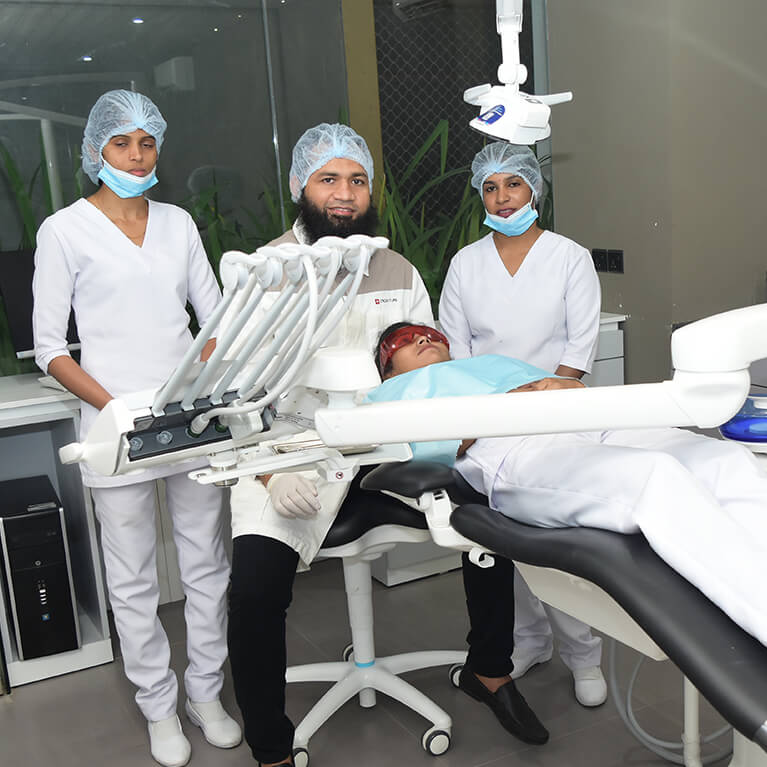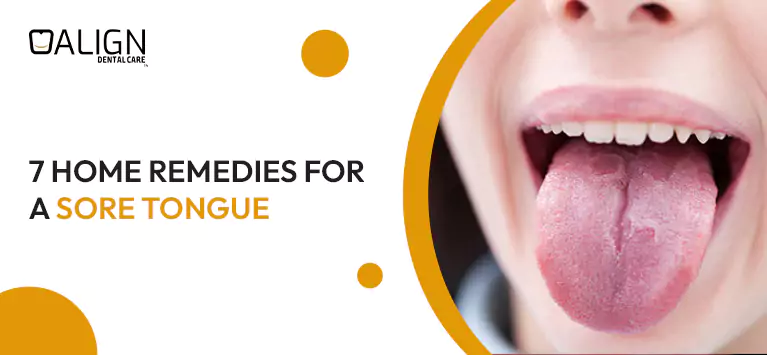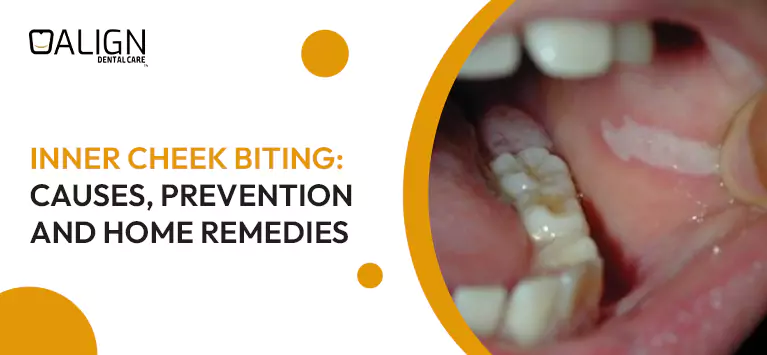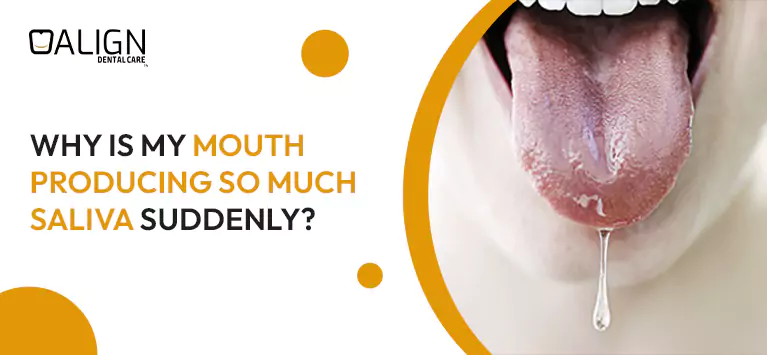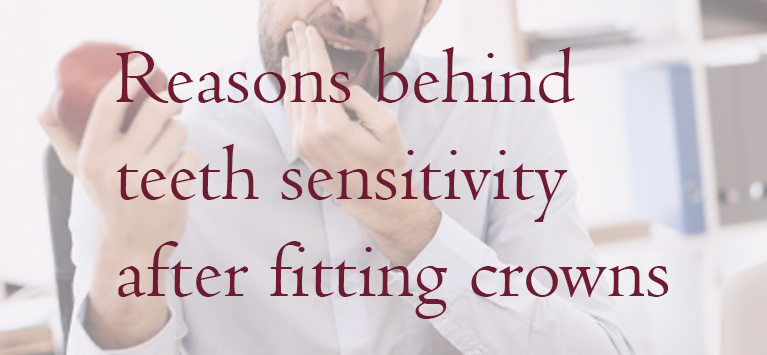
Reasons behind teeth sensitivity after fitting crowns
Crowns help in covering your teeth, which are damaged or decayed. They look like your natural teeth and protect your teeth from further damage.
Tooth crowns are very useful for people who have undergone root canal treatment, suffering from tooth discoloration or damage. These crowns need to be replaced if you feel sensitivity.
Leakage of cement
While fitting your crown, the cement may fail to bond properly with crown resulting in leakage. This cement leakage causes the crown to shift, or even they fall off and results in pain. This is the main cause of sensitivity in teeth after fitting the crown.
Bacterial damage
If the roots are severely damaged due to bacterial infection, they will die and result in a tooth abscess. This is a very painful case that occurs at the root or between the tooth and gum.
A root canal treatment is the best choice to correct this, but the infection may repeat so that the crown needs a replacement again.
Bite issue
If the crown fixed is too high, it creates an odd sensation in biting. This is also a reason for sensitivity.
Bruxism
People who suffer from bruxism grind and clench their teeth forcefully. This pressure hurts the tooth and results in pain or sensitivity.
Referred pain
This is also a case where the sensitivity might occur to the adjacent tooth rather than the treated tooth. They occur due to the irritation caused by the crown. This adjacent tooth sensitivity is known as referred pain.
Root damage
Once cracks occur in the tooth’s outer hard layer, it gets weakened. Then a fracture occurs in the root, which makes chewing painful. The best way to solve this problem is to extract the whole tooth and the crown.
Gum Infection
The gums surrounding your crown can decrease that exposes a portion of the root. Once your roots are visible after replacing the crown, you will experience more hot or cold sensitivity.
In turn, exposed roots will set the stage for even more plaque build-up and diseases. It may not be necessary to replace the crown in this situation, and your dentist may prescribe a mouthwash supposed to cure gum infection.
Cavity
Cavities can develop if too much plaque accumulates. The underlying nerves get infected if the cavity multiplies under the crown. This results in major pain. This problem needs a root canal therapy where a tiny hole is drilled into the crown to eliminate the inflamed nerves and tissues around it. It is very important to correct this problem.
Remedies for sensitivity after crown placement
- Maintaining good oral hygiene is the first step to prevent any problem including your overall health. Brushing and flossing the teeth regularly will keep your mouth away from bacteria accumulation and protects from infection.
- Doing exercises release a hormone called endorphin, which is a natural pain reliever of our body as well as the tooth.
- If you have the problem of teeth grinding, you can wear a mouthguard to protect your crown.
- Meditation or yoga also helps you to forget the pain and relax.
- Saltwater gargling for about thirty seconds works fine as it cleans the infected area and relieves pain temporarily.
- Keeping ice pack over the cheeks by wrapping it in a towel also reduces pain and swelling.





